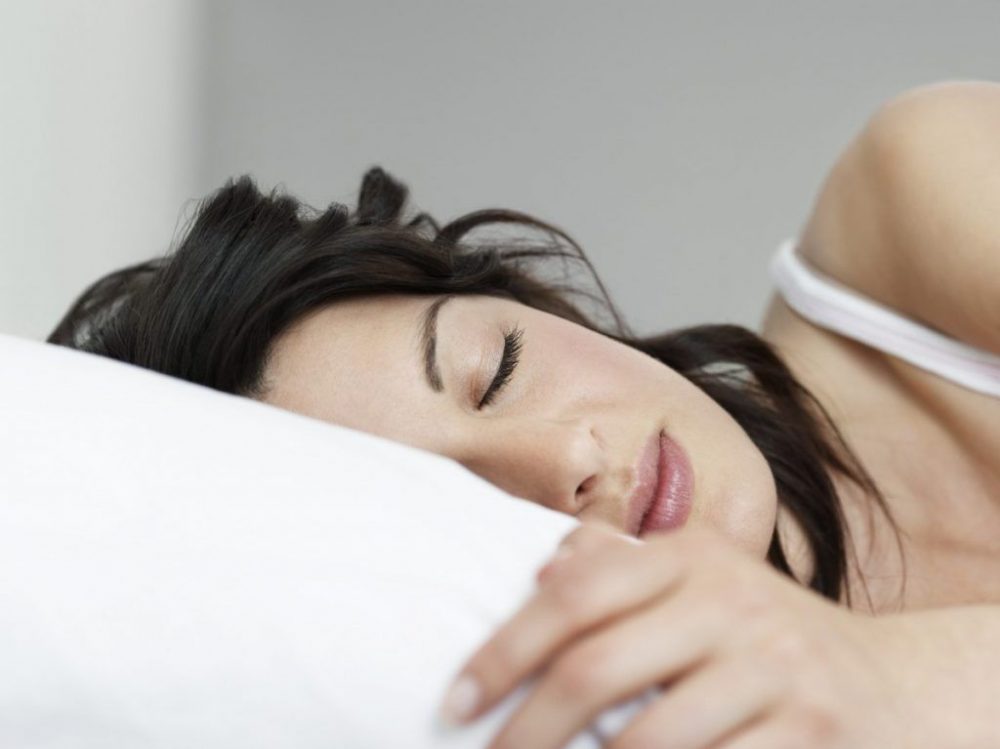

Beat. Bushed. Dogged. Exhausted. Pooped. Ragged. Drained. Zonked.
Why do we have so many words to describe being tired? Maybe because our society has a chronic problem with sleep deprivation! As we wrote in a previous article, “7 Reasons Why You Can’t Sleep — and 1 Surprising Link,” 50-70 million Americans suffer from some form of sleep disorder.
A lack of sleep is a bigger deal than just affecting the quality of your work or requiring more of a coffee budget. It has been linked to a number of serious illnesses and chronic conditions. Not only do poor sleep habits make you more susceptible to colds and flu, but they also put you at risk for obesity, heart disease, stroke and diabetes.
Lack of sleep is also a major factor in mental health. A research collaboration between the University of California-Berkeley and Harvard Medical School revealed that instead of psychiatric problems causing sleep problems, as previously believed, it’s the lack of sleep that causes or exacerbates many psychiatric problems such as depression and bipolar disorder. Sleep makes us more rational, and better able to control our emotional reactions to stressful events and interactions with other people.
How Sleep Helps Your Body Heal Itself
The truth is, you need adequate sleep for more than just energy and mental focus. You also need sleep so your body can heal itself and fight infection. While you sleep, your body increases production of disease-fighting agents such as white blood cells. A cancer-fighting substance called tumor necrosis factor (TNF) is also released while you sleep. Your blood even detoxifies itself!
8 Ways to Improve Sleep Naturally
If you’d like to get better sleep and enjoy better health as a result, try these eight methods for doing so:
- Pay attention to your body. If you’ve been sick or always fall asleep at your desk in the afternoon, you need more sleep. Try to get to bed a little earlier each night and get as close to eight hours of sleep as you can.
- Exercise in the morning and you’ll feel sleepier at night, because exercise helps regulate the body’s metabolism.
- Avoid bright lights and computer, phone or TV screens close to bedtime.
- Practice deep breathing and meditation before you try to go to sleep.
- Put on some soft music to help you clear your mind and relax.
- If you constantly feel fatigued but can’t fall asleep easily at night, you probably need to cut out that afternoon coffee or caffeinated soda.
- Try melatonin. Melatonin is a hormone that naturally helps your body relax and sleep more deeply, so you can establish a healthy sleep cycle.
- Resist the urge to have a nightcap. Alcoholic beverages can disrupt your sleep cycle even more.
Most of us feel as though we don’t have the time to get proper sleep, but when you do, you’ll be surprised just how much your mental and physical energy levels, immune response, overall health and emotional balance improve.
Want to learn more? Sign up for our newsletter and receive healthy recipes, lifestyle suggestions for reduced stress and a healthy heart, and tips on exercising, maintaining a healthy weight, beating fatigue, decreasing joint pain — and more.





May have missed this suggestion. Still too sleepy.
Foods that have been fermented have a higher level of GABA. GABA is supposed to help with sleep.
Yesterday I had some yogurt and some Kimchi at different meals. Slept almost 8 hours, but I think I need many more days of this kind of sleep before I actually feel more rested.